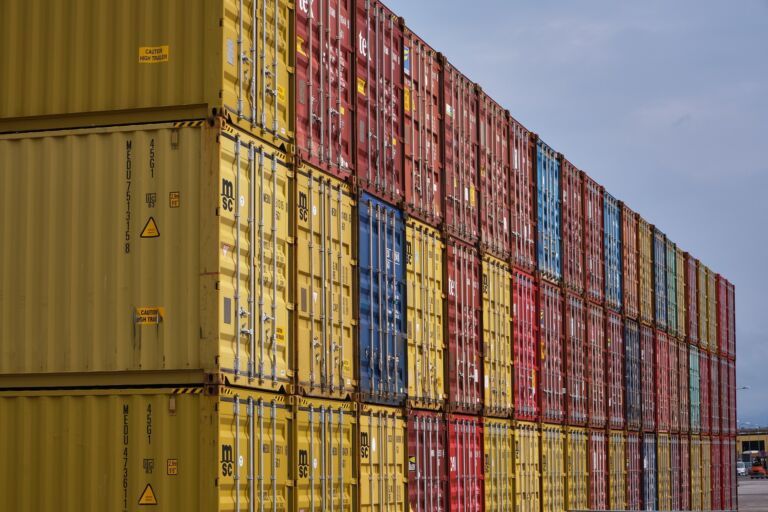More than half of registered voters polled by Harvard CAPS/Harris disapprove (thankfully) of President Trump’s tariffs on steel and aluminum.
Fifty-two percent disapprove of the administration’s proposed tariffs on aluminum and steel imports, including those from China, and 43 percent said they believe Trump’s proposed tariffs will result in job losses. Thirty-eight percent said the tariffs would protect American jobs and 18 percent said the tariffs would have no impact.
More than two-thirds of voters say they’re concerned countries will retaliate against the U.S., potentially sparking a global trade war.
That concern is well-founded. First, let’s remember why tariffs are bad policy. Tariffs create many more losers than winners — with the winners being the industry that is being protected. Among the losers:
Since the Trump administration announced that it was going to place 25 and 10 percent tariffs on steel and aluminum, respectively, we have been hearing about its harm to industries like automakers, for which steel is an important input, and beverage producers, which distribute their products in aluminum containers. The fact of the matter is that protectionism drives up the cost of production for industries that use the protected products. As such, it leads to a reduction in the supply of those products, which, in turn, means fewer people are employed in those industries.
And now China is threatening to retaliate in reaction to President Trump’s plan for more tariffs. If that occurs, North Carolina will be a big loser. Larry Wooten of the North Carolina Farm Bureau explained the impact of tariffs to the New & Observer.
Sampson, Johnston and Nash counties are among the largest tobacco-producing counties in the state. Wooten said North Carolina produces about 50 percent of the nation’s tobacco and exports about 75 percent of the tobacco it grows.


